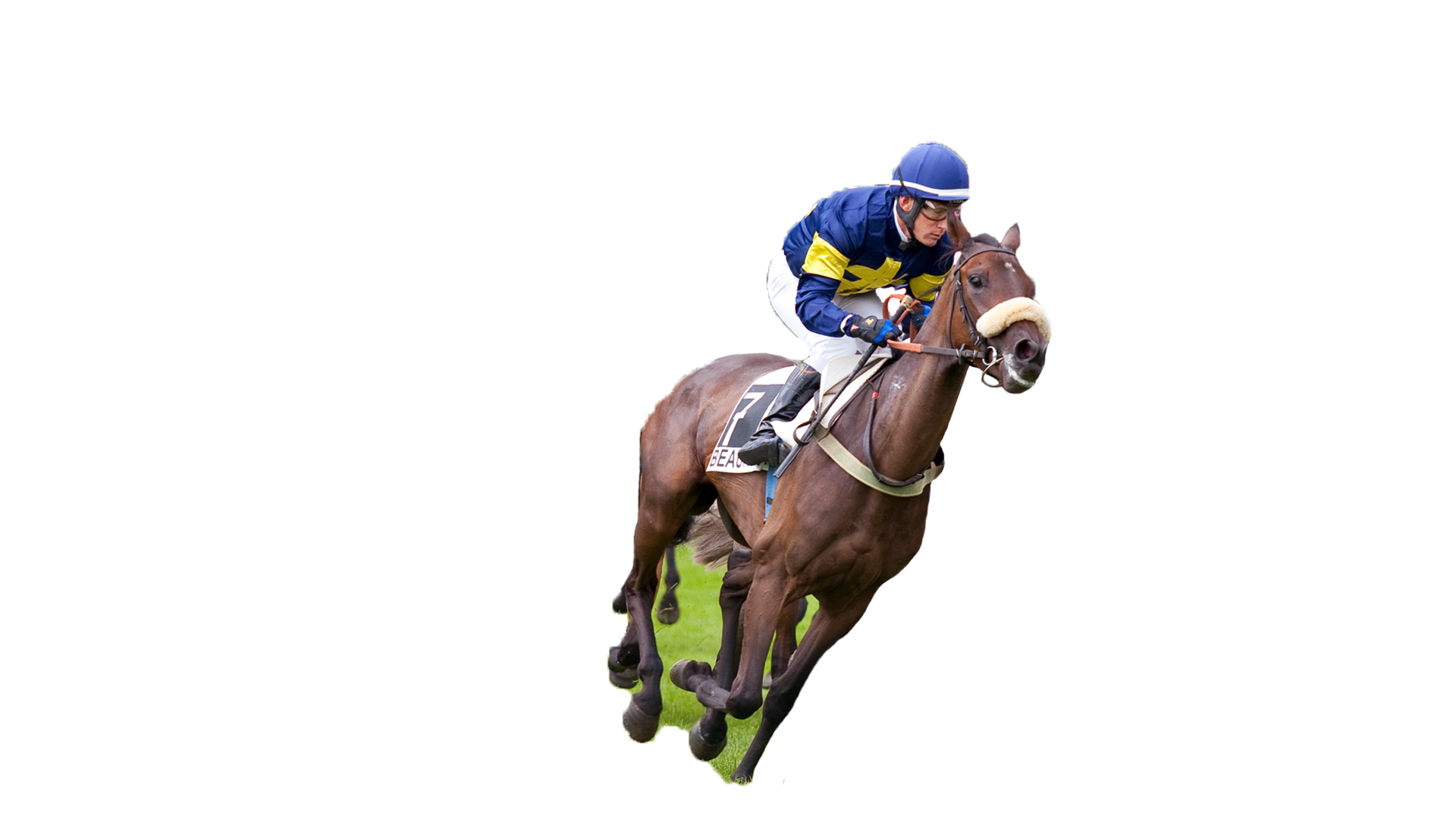Have you ever lost a bet because of a bad jockey ride? I’m guessing that you probably have. I certainly have – hundreds, if not thousands of times (I’ve been in racing for more time than I’d like to admit).
Now, how about a bet won because of jockey brilliance? Again, definitely (although we tend to give ourselves all the credit).
I’ve heard racing folk say a jockey’s importance is anywhere from 5 to 50% of the bet.
So how important is a jockey really in the outcome of a race?
Some jockeys are better than others—that’s a fact! However, many punters seem to ignore this. They often mistakenly bet as though the best horse is always going to win the race and the jockey won’t matter. Or even worse, just bet based on the jockey’s name. So why is this not a good idea?
Let me put it this way; in Formula One each team has two drivers with pretty much identical cars. Now who would you like to bet on, Lewis Hamilton or Valtteri Bottas? I’m guessing it’s Hamilton. Lewis Hamilton can simply get better times out of the same car. So all things equal, the better jockey will win many more times on horses of similar standard.
However, put me in a Ferrari and Lewis Hamilton in a Ford Fiesta, and I’d be pretty shocked if I couldn’t win 999 times out of 1,000. A great jockey cannot make a lousy horse fast. So how can a jockey actually help?
A good jockey does all of, but not limited to, the following:
They break a horse to gain a good starting position.
They steer the horse clear of trouble.
They implement effective racing tactics.
They take advantage of gaps or opportunities to attack.
They time their attack.
They keep the horse on the live part of the racetrack.
They make sure their horse has a clear lane to run in.
They understand the energy distribution of the horse.
They understand the idiosyncrasies of each track.
They move the horse at the right time.
They relax the horse at the right time.
They keep the horse running in a straight line.
Furthermore, a study by the Royal Veterinary College of London showed that the jockeys who better isolate themselves from the movements of their horses—so that the horse supports the jockey’s body weight without having to physically move the jockey through each cyclical stride—can improve a horses performance by 5-7%.
Doing all that at 40 mph while surrounded by ten other horses all trying to get the inside line is not easy. I guess that’s why the best jockeys earn so much. Dettori wouldn’t be taking home £2 million per season if he couldn’t really impact the results.
So they do have a significant effect. But are some races influenced by jockeys more than others? Definitely! For example, the best races are normally filled with top class riders throughout. This means that, although any jockey can make mistakes, the differences in standards between the jockeys is much smaller. Therefore, the quality and talent of the horse is likely to play a bigger role than say an early-season handicap at Wolverhampton. So knowing the type of races should play a big part in your jockey considerations for a bet.
So where do you start? Stats are good, particularly when narrowed to certain types of races. However, they can be a little one-dimensional and misleading at times. Trainer-jockey combinations are interesting too. Some trainers give their best chances to certain jockeys, and others, well, have an eye-catchingly-low strike rate when together—but that is a topic for another day.
But what if you’re not a stats geek like myself who enjoys studying the figures on a Thursday night? Well there is no substitute for just watching racing when building knowledge of who really are top jockeys, who are the ones to avoid, when they affect the prices (and how to take advantage of this), and when they may influence the outcome of the race!
So in conclusion, I don’t think it’s possible or useful to put an arbitrary figure for the influence jockeys have on races. 5% or 25% can both be right, but each race needs to be looked at individually.

